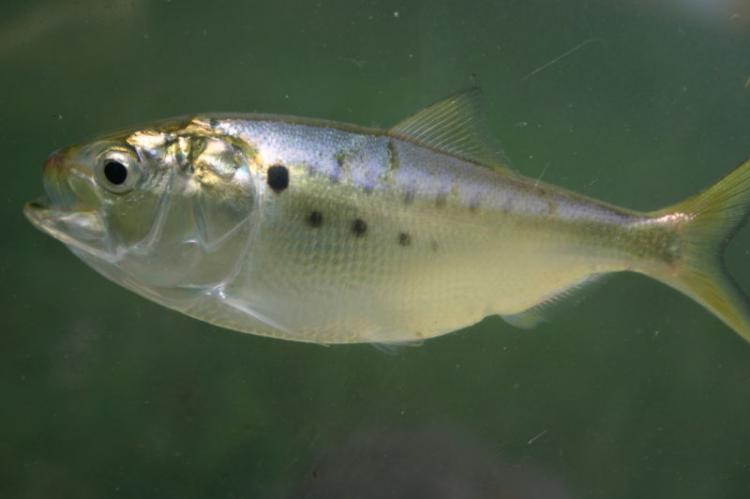Warmer weather shrinks fish
Rising global temperatures have given rise to another problem—shrinking fish.
When Professor R Eugene Turner from the Louisiana State University studied the size of menhaden over the years, he discovered that the fish had shrunk by about 15 percent over the past 65 years.
A major fish stock comprising about half of the fish harvest in the Atlantic and Gulf of Mexico, this finding holds important implications for the fishing industry.
In his research, Professor Turner compared the weight and length of the fish caught by the National Marine Fisheries Service from 1955 to 2010. His sample size covered 495,000 Atlantic menhaden caught from 1955 to 2008, and 510,000 caught from 1964 to 2010.
He discovered that the annual weight and length among three- to five-year-old fish had dropped.
Why has this happened?
There are several scientific laws which state that the size of a species is inversely related to the surrounding temperature; meaning that species in warmer environments will be smaller than those in colder environments.
According to Professor Turner’s paper, published in Geo: Geography and Environment, “Two factors contributing to the decline in size-at-age are: (1) the respiratory demand of individual fish is more easily satisfied by the greater surface area-to-volume ratio of smaller organisms; and (2) the higher oxygen concentration at colder temperatures which increases the available oxygen for cross-cellular transport.”
This change in mean size affects not only our dining options, but also those of predator animals like other marine animals and birds that feed on the Atlantic menhaden.
“As the Earth's atmosphere and oceans continue to warm, the future of menhaden, it seems, will be even smaller,” said Professor Turner.


